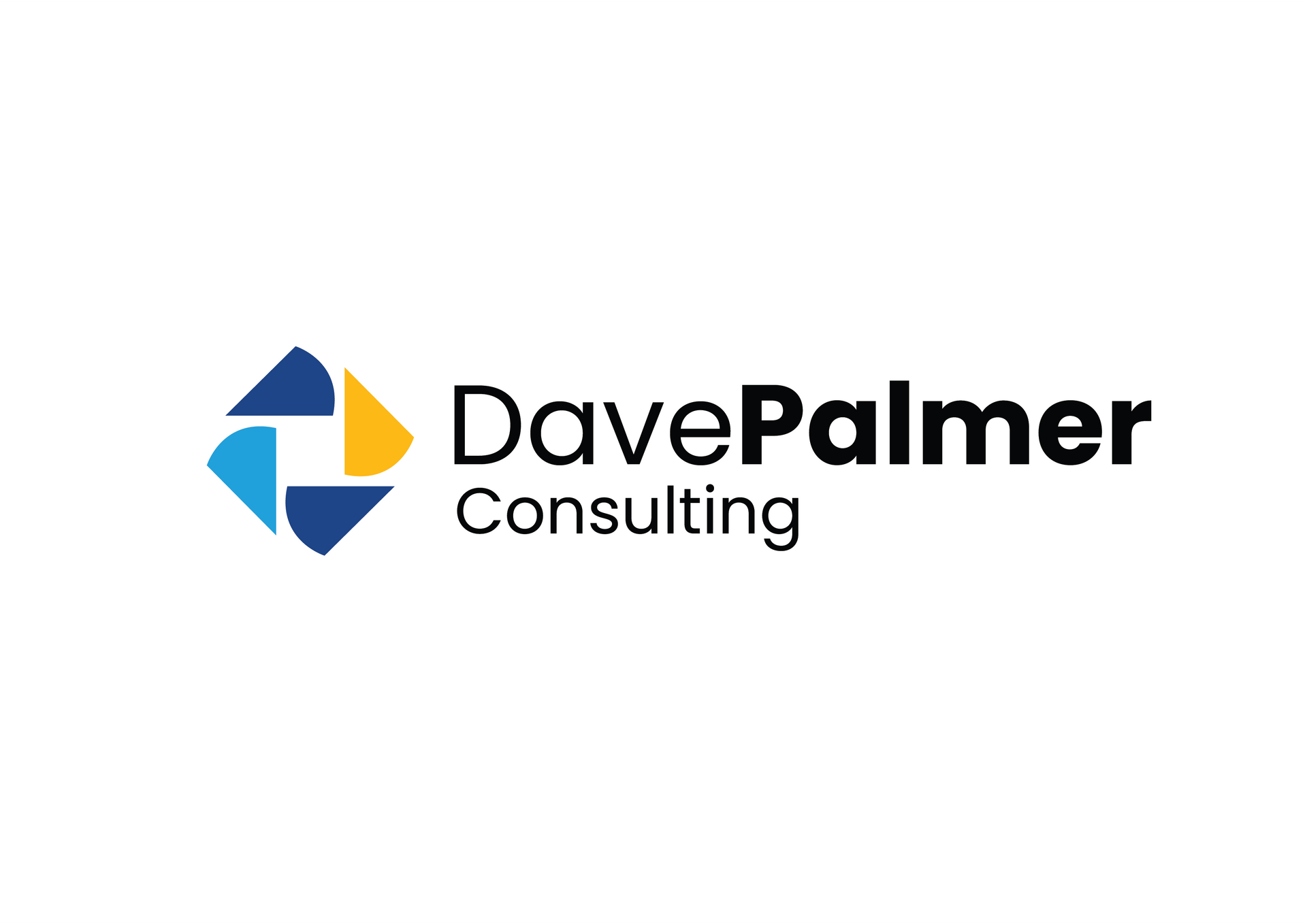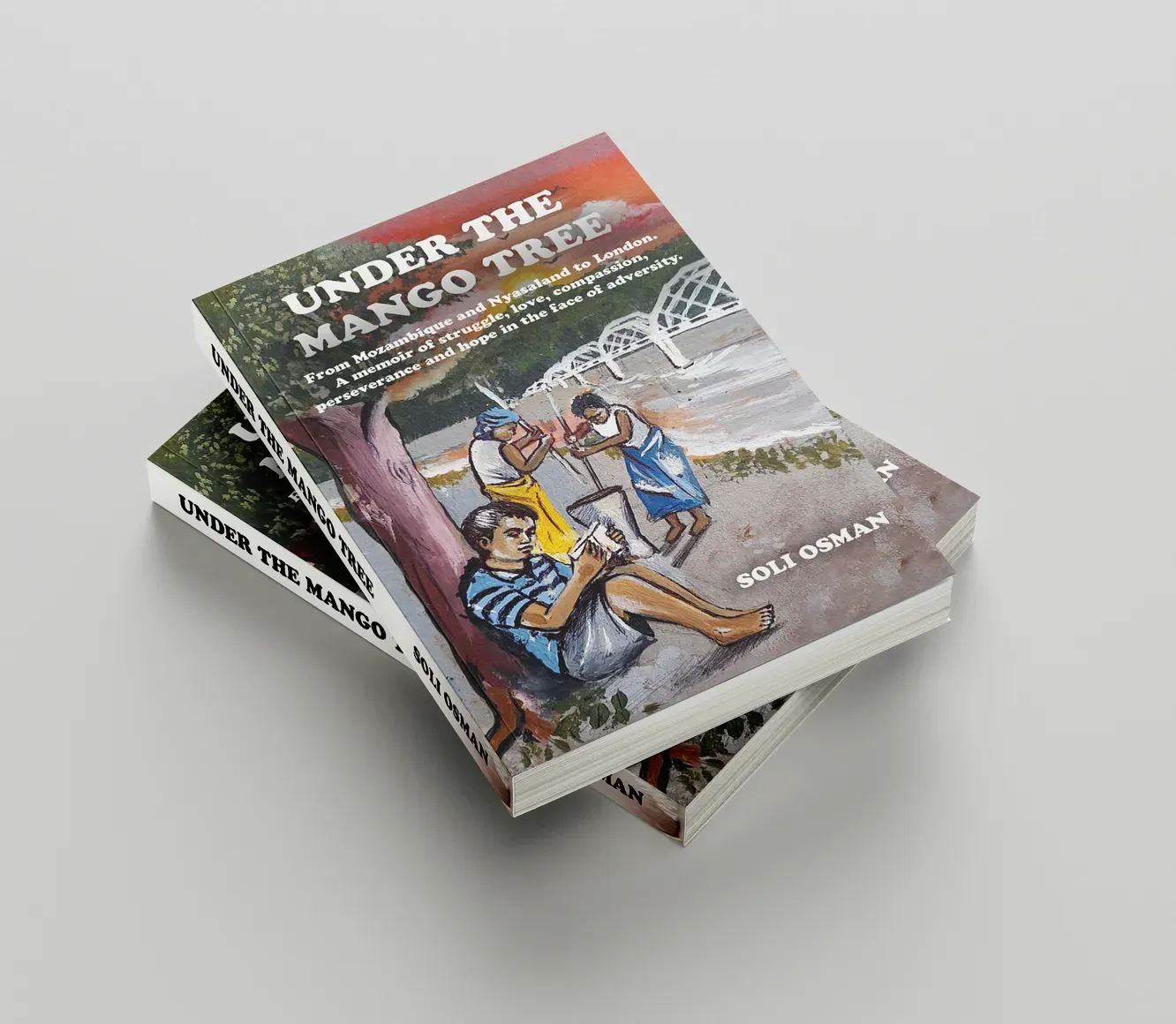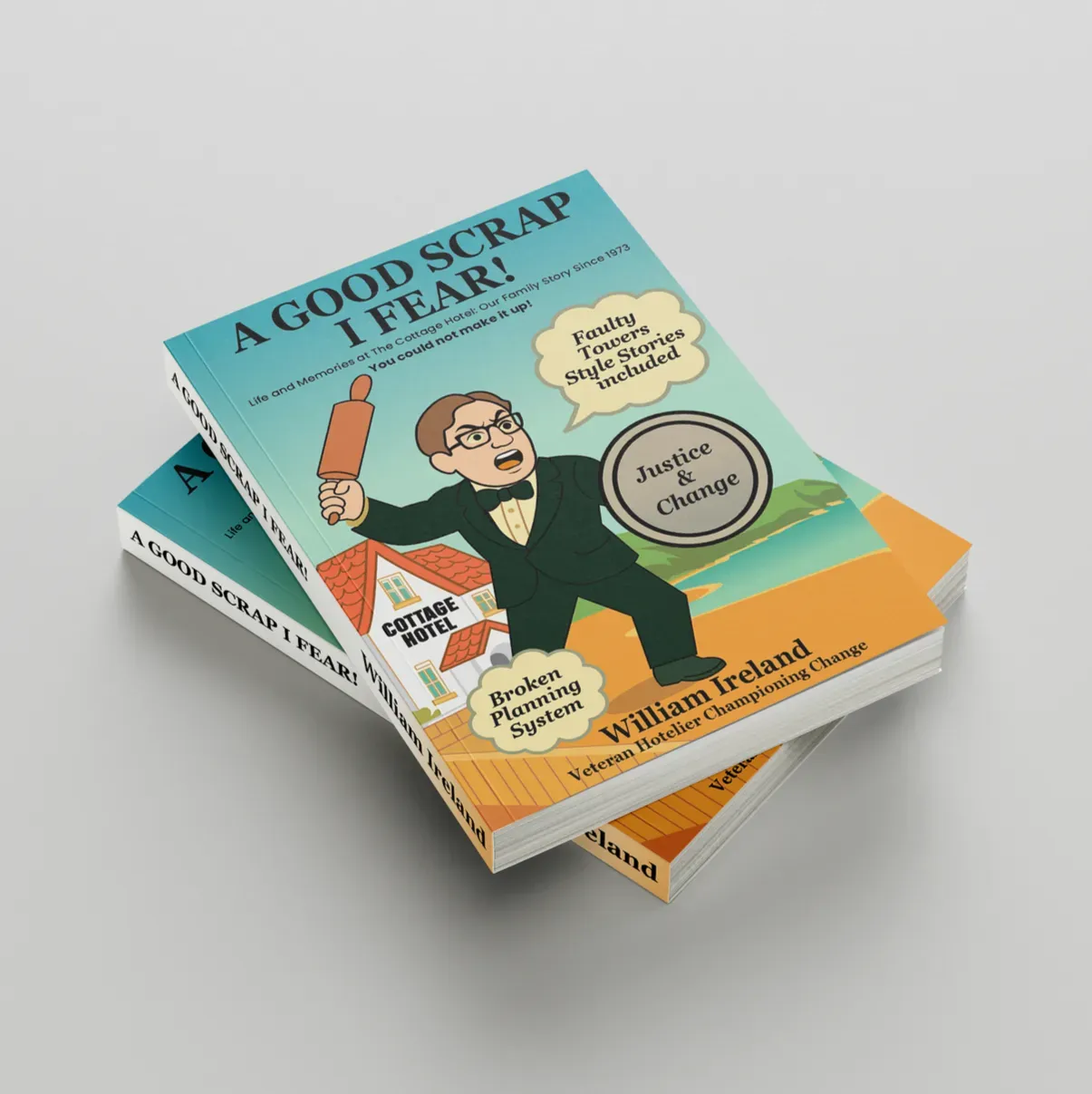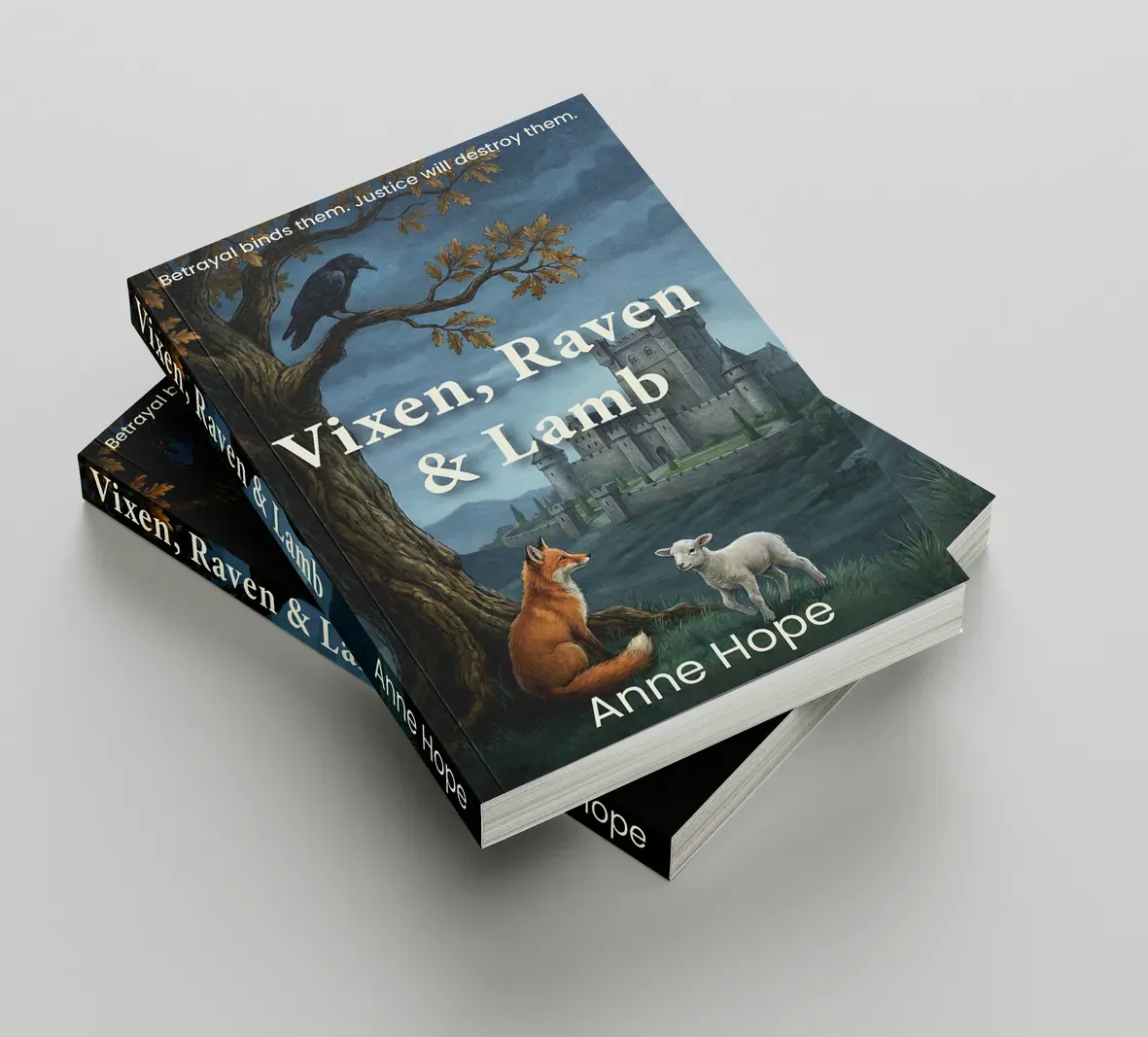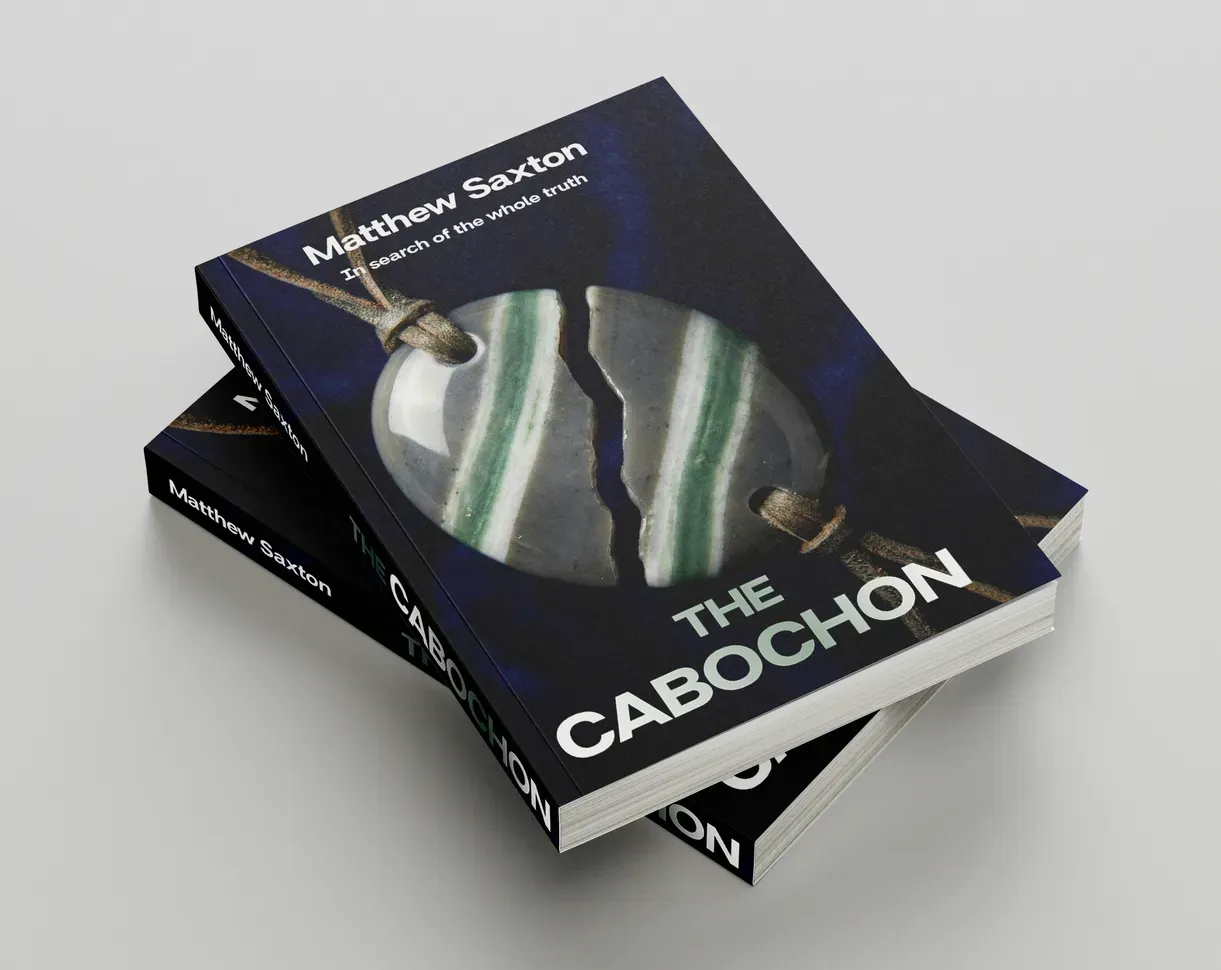The Hidden Dangers of Hybrid Publishing: What Every Author Must Know
For many aspiring authors, hybrid publishing sounds like the perfect compromise — combining
the creative control of self-publishing with the professional support of a traditional publisher. On
paper, it promises the best of both worlds.
But behind the polished sales pitch, some hybrid publishers operate more like vanity presses,
prioritising profit over the author’s success. Unfortunately, this is a truth Dave Palmer knows all
too well.
Dave’s Experience: A Cautionary Tale
When Dave set out to publish his first book, he was determined to do it professionally and avoid
the “DIY” look that can sometimes plague self-published titles. He wanted expert editing, an
eye-catching cover, and a distribution plan that would give his book the best chance of success.
After weeks of research, he found a hybrid publishing company that promised exactly that —
editing, cover design, interior formatting, distribution to major retailers, and even “strategic
marketing” to boost visibility.
The package looked professional. The sales team were friendly. The testimonials were glowing.
But once he’d signed the contract and paid thousands of pounds, the cracks began to show:
● Deadlines missed. Chapters he submitted for editing came back late and with minimal
changes.
● Poor Editing and Formatting. Mistakes were many and unprofessional.
● Design quality was poor. The cover looked generic and didn’t reflect his book’s genre
or audience.
● Marketing was vague and ineffective. The promised “campaign” was little more than a
short press release sent to an unverified list of contacts.
The result? Dave had spent a significant sum, but his book still lacked the professional finish
and exposure he’d been promised.
It was a frustrating and costly experience, but it planted the seed for Dave Palmer Consulting
— a service built to ensure no author has to go through what he did.
What Is Hybrid Publishing?
Hybrid publishing sits between traditional publishing (where the publisher bears most of the cost
and risk) and self-publishing (where the author manages the entire process). In a legitimate
hybrid model:
● The author pays for professional services like editing, cover design, and distribution.
● The publisher delivers industry-standard work and provides access to distribution
channels.
● The author retains most rights and earns similar royalties to those in traditional
publishing.
Done properly, hybrid publishing can be a smart route — particularly for authors who want
control but also need professional support. But in the wrong hands, it becomes a money-making
scheme with little regard for the author’s goals.
The Dangers to Watch Out For
From Dave’s experience and stories from countless authors, here are the most common
dangers in the hybrid publishing world:
1. Inflated Costs
Some hybrid publishers charge thousands for services you could source for a fraction of the
price from reputable freelancers or agencies. For example, professional cover design typically
ranges from £300 to £800 — yet some packages include it at £2,000 or more, bundled with
unnecessary extras.
2. Poor Quality Work
Predatory hybrids often outsource to the cheapest providers, resulting in rushed edits, poor
grammar checks, and amateur design. A badly produced book can damage your credibility with
readers and reviewers.
3. Vague or Non-Existent Marketing
Marketing is one of the biggest selling points for hybrid publishers — but it’s also the most
abused. Many authors are promised “wide media exposure” only to receive a handful of social
posts or untracked press releases.
4. Loss of Rights
Some contracts quietly transfer partial or full copyright to the publisher, limiting your ability to
republish, adapt, or sell your work in the future. This is one of the most serious — and
irreversible — dangers.
5. High-Pressure Sales Tactics
Legitimate publishers allow time for you to review and consider a contract. Scammers create
urgency: “This offer ends tomorrow” or “We can only take one more author this month”. This is a
clear sign they care more about your payment than your book.
How to Protect Yourself
Dave’s advice to any author considering hybrid publishing is straightforward and rooted in his
own hard-learned lessons:
● Research thoroughly — Don’t just read the testimonials on their website. Search for
independent reviews, ask in writing communities, and check whether their authors have
achieved real, measurable success.
● Demand transparency on costs — Ask for an itemised breakdown of what you’re
paying for and compare prices with independent service providers.
● Read every contract clause — Pay particular attention to copyright, termination
clauses, and royalty splits.
● Speak directly to past clients — A trustworthy publisher will happily connect you with
real authors they’ve worked with.
● Take your time to do so. Never sign under pressure. If an offer is genuine, it will still be
there tomorrow.
Dave Palmer Consulting: A Different Approach
At Dave Palmer Consulting, there are no inflated costs, no hidden clauses, and no vague
promises. Every service — from editing and proofreading to cover design, formatting, and
marketing — is delivered with transparency and care.
● You retain full rights to your work, and all of the royalties.
● Every price is clear before you commit.
● Your book will meet professional industry standards, with the same attention to
detail Dave demands for his own projects.
Dave’s mission is to give authors the tools, knowledge, and confidence to publish
without falling prey to the kind of exploitation he experienced.
Final Word
Hybrid publishing can be a valuable path — but only when the publisher is genuine, transparent,
and committed to your success. By learning from the mistakes of others, including Dave’s own
early missteps, you can protect your work, your finances, and your publishing dream.
If you’re exploring your publishing options and want expert, trustworthy guidance, Dave Palmer
Consulting is here to help — from the first draft to the final book in your hands.
